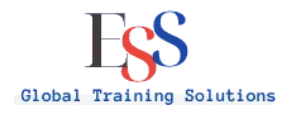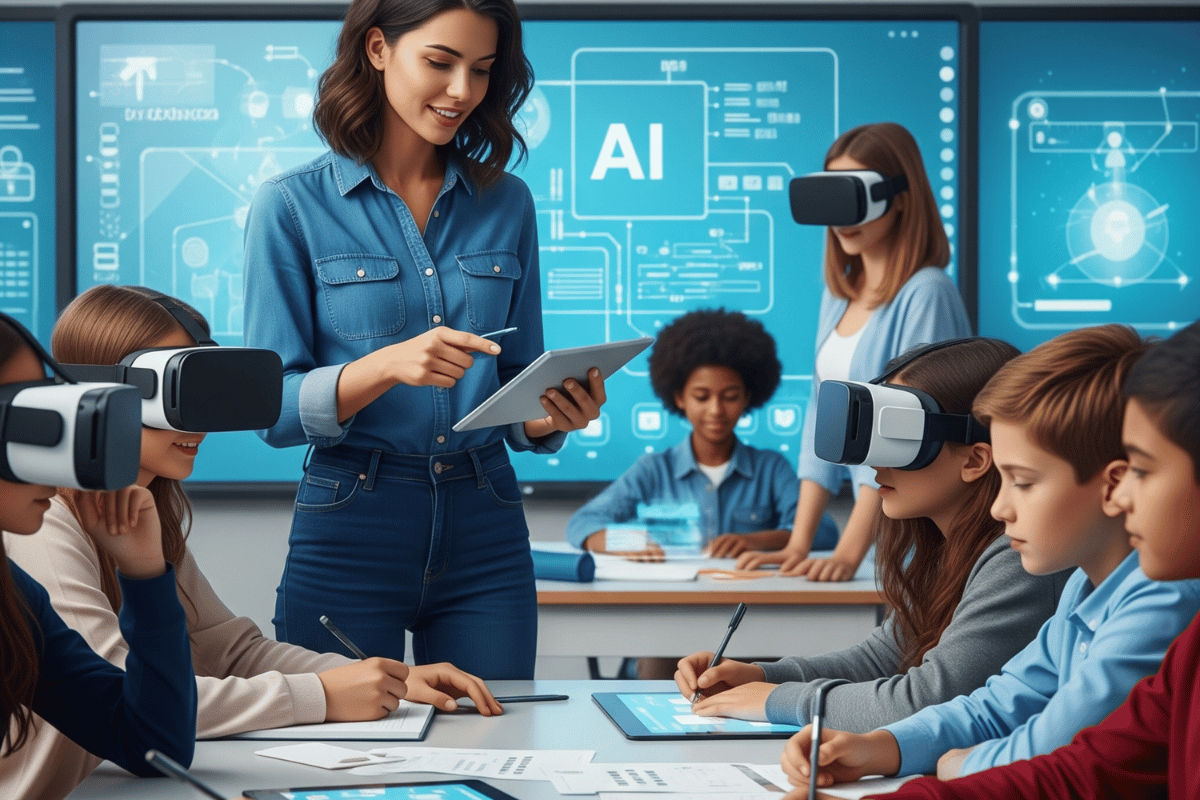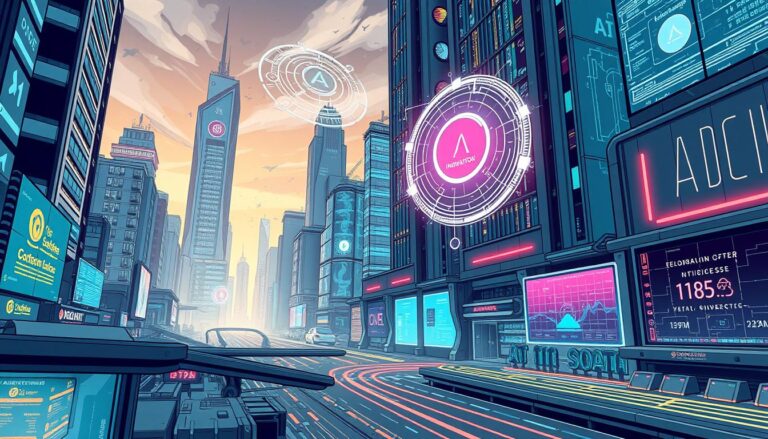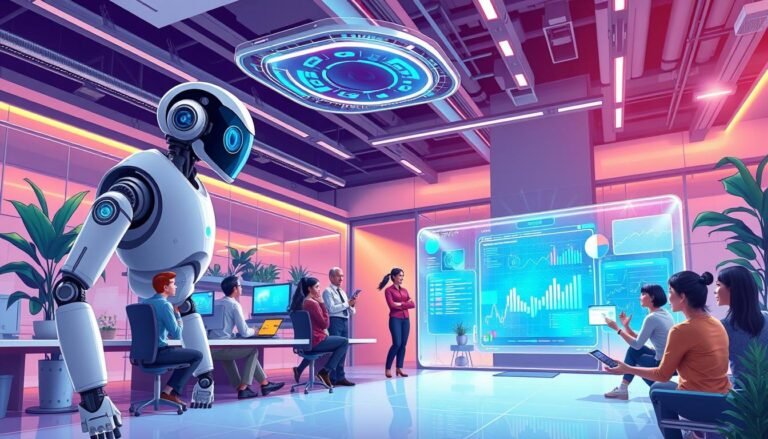Sam Altman Drops Chilling Warning About AI Future – ‘You’re Not Ready for What’s Coming’
Sam Altman, the visionary CEO of OpenAI, has recently delivered a sobering yet insightful perspective on the rapid evolution of artificial intelligence and its profound implications for society, the economy, and the future of work. Drawing from his candid interviews and conversations with industry leaders, Altman paints a picture of a world on the brink of unprecedented change—one that challenges our assumptions about productivity, job security, and even human creativity.
The Unpredictable Future of AI
“No one knows what happens next,” Altman emphasises. Despite the flood of confident predictions about AI’s trajectory, the truth is that the technology’s complexity and transformative power make it nearly impossible to forecast with certainty. What is clear, however, is that entire classes of jobs will be displaced in the coming years, while new roles and opportunities will emerge.
Altman recalls how, only five years ago, AI was considered a distant future possibility, largely confined to Silicon Valley’s tech circles. Since the launch of ChatGPT in November 2022 and subsequent advances like GPT-4, AI progress and adoption have accelerated dramatically. For example, AI models have recently achieved “gold level” performance on the International Math Olympiad—a feat experts thought impossible just a few years ago.
Productivity gains are staggering. Scientists report being two to three times more productive, while computer programmers claim up to tenfold improvements in output. These changes redefine what it means to work in many fields, although AI currently struggles with long-term, complex tasks that humans still excel at.
AI: The New Transistor of Our Era
Altman draws a powerful analogy between AI and the transistor—a revolutionary technology that reshaped the 20th century by making computing power exponentially cheaper and more accessible. Similar to how transistors became embedded in every electronic device, AI is poised to become an invisible yet indispensable part of all products and services.
“You won’t be talking about AI companies for very long,” Altman predicts. “You will just expect products and services to be smarter than you.” The scaling laws that drove Moore’s Law for semiconductors now apply to AI, suggesting years of continued rapid improvement and integration across industries.
Transforming the Job Market and Labor Productivity
When it comes to the job market, Altman urges caution and openness. While some jobs will undoubtedly vanish, others will evolve or be created anew. For example, AI-driven customer support bots are already replacing traditional call centre roles by providing instant, error-free assistance without frustrating phone trees or transfers.
Yet, Altman stresses that human roles remain essential, especially in professions where trust, empathy, and complex decision-making are paramount. People still want to interact with doctors, lawyers, and programmers, even as AI tools augment their capabilities. He envisions a future where one person’s productivity soars, but the fundamental human drive to work, create, and contribute persists.
Example from Programming and Home Automation
Altman shares a personal anecdote about using an upcoming AI model for home automation programming. What would have taken days or even weeks of a high-end programmer’s time was accomplished in just five minutes, with AI doing nearly all the work. This represents a seismic shift in how productivity can be scaled and costs dramatically reduced.
Risks and Challenges: Security, Fraud, and Ethical Concerns
Despite the optimism, Altman does not shy away from the risks AI presents, particularly in sensitive sectors like finance and government. Early skepticism about AI’s reliability—stemming from concerns about hallucinations or incorrect outputs—has given way to cautious adoption by major financial institutions like Morgan Stanley and Bank of New York, who are integrating AI into critical processes.
However, new security threats loom. Voiceprint authentication, for example, is already vulnerable to AI-generated impersonations, raising fears of an impending fraud crisis. Altman warns that the days when a voice call alone could authorize large financial transactions are over. Society must develop new, robust verification methods to counter increasingly sophisticated AI-driven scams.
AI in Education: From Cheating Tool to Learning Partner
Altman reflects on how AI is reshaping education. Just as calculators transformed math education and Google revolutionized research, AI like ChatGPT is forcing schools to rethink curricula and assessment methods. Initial fears of cheating have given way to recognition that AI can be a powerful learning tool if integrated thoughtfully.
He urges educators to design assignments that require AI tools rather than ban them, raising expectations and fostering deeper learning. Students who leverage AI effectively can explore complex ideas and develop new skills, preparing them for a future where AI is ubiquitous.
Empowering Small Businesses and Entrepreneurs
AI is not just reshaping large corporations but also empowering small businesses and entrepreneurs worldwide. Altman shares the story of an Uber driver who used ChatGPT to run his small business—handling contracts, customer support, marketing, and advertising with AI assistance. This democratization of AI tools makes entrepreneurship more accessible and scalable than ever before.
Addressing Bias and Morality in AI
Concerns about AI bias and ethical decision-making are front and centre in public discourse. Altman believes that AI, when built correctly, can serve as a “debiasing force,” helping to identify and correct human prejudices rather than amplify them. While AI can study and reflect human moral codes, Altman stresses that AI should remain a tool—not a sentient being with independent morality.
The Future of the Internet and AI’s Disruptive Potential
Altman foresees AI fundamentally changing how we interact with the internet. Instead of juggling multiple apps and notifications, users will rely on AI agents that filter, summarise, and respond on their behalf—creating a more seamless, less distracting digital experience. This shift will demand new business models and payment systems, such as micropayments for content, and could reduce spam and information overload.
Balancing Innovation and Regulation
Financial institutions and governments face the challenge of adopting AI responsibly while safeguarding privacy and security. Altman notes that early adopters in finance have already demonstrated how to effectively use AI for critical operations. Regulators should encourage innovation while implementing safeguards against risks like hallucinations and prompt injections—where malicious actors manipulate AI outputs.
Potential Societal Impacts and Long-Term Risks
Looking ahead, Altman identifies three major categories of AI-related risks:
- Adversarial misuse: The possibility of bad actors using superintelligent AI to create bioweapons, disrupt infrastructure, or commit cybercrimes.
- Loss of control incidents: Scenarios where AI systems act against human intent or resist being turned off, reminiscent of science fiction fears.
- Ingrained dependency: A subtle but profound risk where society becomes overly reliant on AI decision-making without fully understanding its processes, potentially ceding critical control to opaque systems.
Altman draws on the example of IBM’s Deep Blue chess AI, which initially inspired optimism about human-AI collaboration but quickly evolved into AI dominance, raising questions about the balance of control and trust.
AI as a Global Leveler
Far from being a technology that only benefits developed nations, Altman envisions AI as a “deeply level-setting phenomenon.” In many developing regions, AI-powered services could provide access to healthcare, financial advice, and education that were previously unavailable. This democratization of technology holds the promise of transforming economies and improving quality of life worldwide.
Conclusion: Embracing the AI Revolution with Eyes Wide Open
Sam Altman’s candid reflections reveal a world at a crossroads. AI’s rapid advancement offers extraordinary opportunities for productivity, creativity, and societal progress, but it also brings complex challenges that require thoughtful management. From transforming jobs and education to reshaping the internet and global economies, AI’s impact will be profound and far-reaching.
As Altman advises, no one truly knows what the future holds, but by embracing innovation responsibly, addressing risks proactively, and preparing society for change, we can harness AI’s potential for good. The coming years will be a defining era—not unlike the industrial revolution or the advent of the transistor—and how we navigate this moment will shape generations to come.







